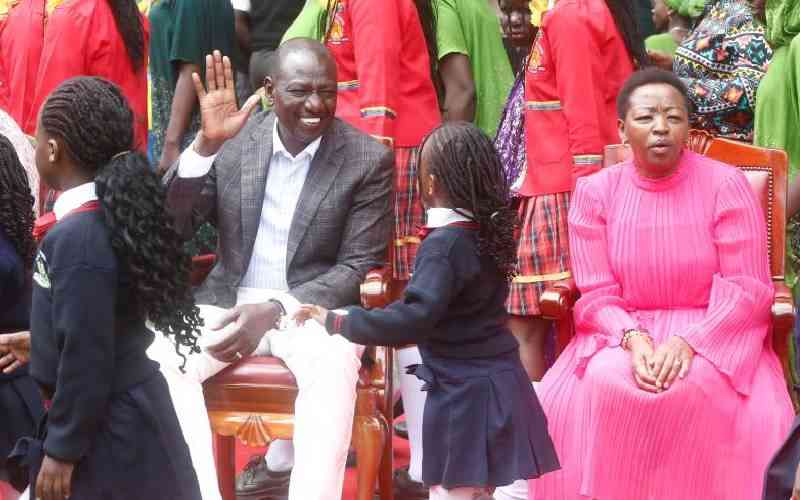×
The Standard e-Paper
Smart Minds Choose Us

President William Ruto has directed the Ministry of Education to use the social media to develop talent and make money.
The President said Kenya receives between Sh300 million to Sh400 million per year from social media spaces, and directed the Kenya Institute of Curriculum Development (KICD) to expedite the digitisation of students performances so that they are easily and widely accessible.